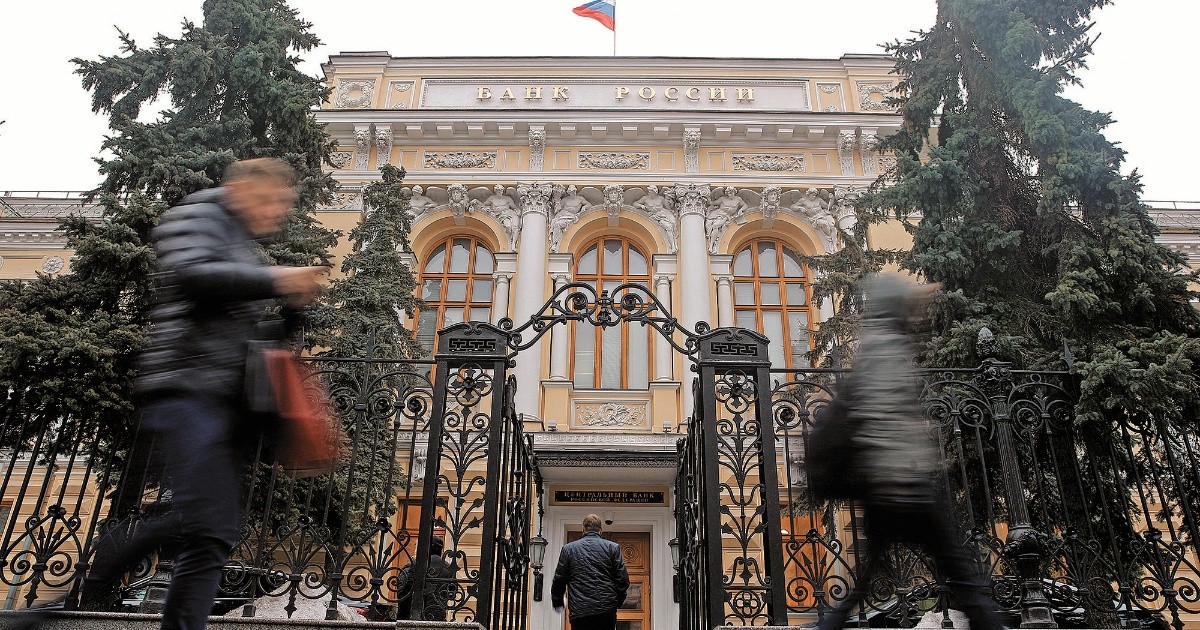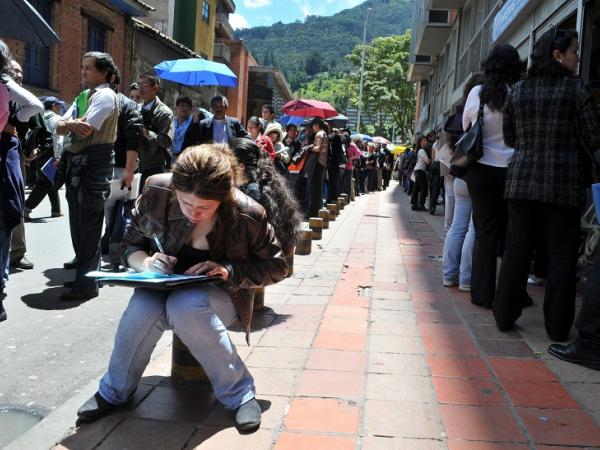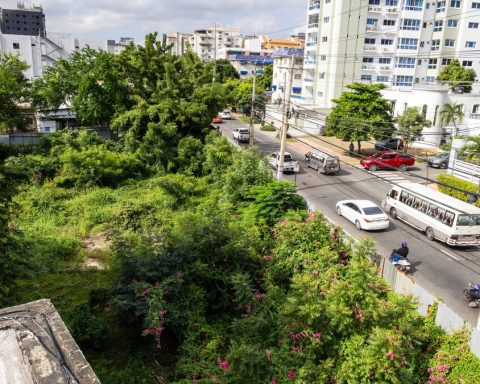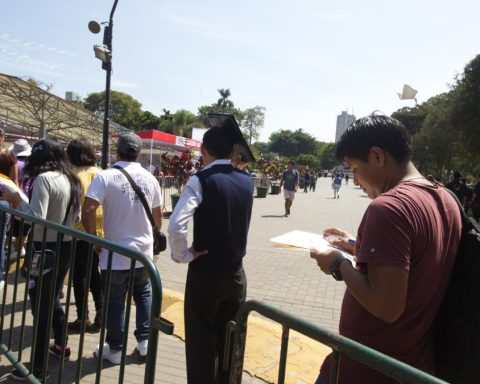Economic sanctions are halfway between diplomacy and war. The sanctions against Russia are severe and are aimed at strangling its economy. Suffocation aspires to be financial, technological, logistical and even symbolic. It is the SWIFT system and the freezing of the funds of the oligarchs, billionaire friends of Putin; the suspension of operations with Russia of the two main cargo shipping companies in the world, MSC and Maersk; the decision of chip processors like AMD not to sell them semiconductors; Boeing and Airbus will deprive them of access to spare parts for their planes… symbolically, we have FIFA taking Russia out of the World Cup in an e-sports version, Disney that will not bring the premiere of Batman or other movies to Russia, and the International Federation of Judo sanctioning Putin, who is the most famous judoka in the world.
Since the days of apartheid in South Africa, no country has faced such economic pressure. The chokehold, they say, is worth $1 trillion. If the effort is sustained and fissures are not opened between the countries that promote it, it could cause a drop in Russian GDP that ranges from 7 to 15 percent. Tremendous for a nation that has not finished solving the crisis that covid brought.
Will Russia stand idly by? In Putin’s plans, neither a resistance like the one offered by Ukraine nor an economic offensive by the West of such magnitude was budgeted for (although in the sale and purchase of oil and gas the key has not been closed). The fact is that Putin cannot and will not show signs of weakness and is doubling down on the military front. He needs the war to end soon and start what’s next: the redesign of the map of Eastern Europe.
Beyond the military: what options does Russia have in the face of an economic blockade? Anne Applebaum, historian and journalist, winner of the Pullitzer prize, opens the door to an interesting hypothesis: the alternative is to trade with other countries that have been marginalized from the commercial circuits, for example, Belarus, Syria, Iran, Venezuela, Cuba, Myanmar, Afghanistan, Nicaragua, Pakistan, North Korea, Angola…
These countries do not have to be great friends with each other to participate in a parallel network of exchanges that Applebaum calls Autocracy Inc. For serious and repeated violations of human rights, they were deprived of access to the markets of Europe and the United States, but found that there was life after entering the blacklists. They have developed this alternative circuit to break the isolation produced by “Western” sanctions and have found a way to solve some of their supply needs. This club “of the rejected” is small, but it is growing fast, to the extent that we live in an era of democratic regression, a period of progression of authoritarianism.
It is a support network that includes the solution of non-economic problems. In the network, China plays a relevant role, according to the historian Applebaum. The dragon is an investor that provides financing for infrastructure projects and is also a provider of technological equipment, in conventional telecommunications, in addition to those necessary for intelligence work and surveillance of citizens.
The bad guys are winning, is the name of the essay that Anne Applebaum published in The Atlantic magazine in November 2021. She obviously did not anticipate the invasion of Ukraine there, but she aimed to answer a question that becomes relevant at this time of economic pressure against Russia: why do the authoritarians get away with it, despite the fact that there are sanctions against them?
Applebaum’s essay begins with a few words that help me conclude: “If the 20th century was the story of slow and uneven progress towards the victory of liberal democracy over other ideologies – communism, fascism, virulent nationalism – the 21st century is , for the moment, a history of a regression”.
General Editorial Director of El Economista
Safe
Degree in Economics from the University of Guadalajara. He studied the Master of Journalism in El País, at the Autonomous University of Madrid in 1994, and a specialization in economic journalism at Columbia University in New York. He has been a reporter, business editor and editorial director of the Guadalajara newspaper PÚBLICO, and has worked for the newspapers Siglo 21 and Milenio.
He has specialized in economic journalism and investigative journalism, and has carried out professional stays at Cinco Días in Madrid and San Antonio Express News, in San Antonio, Texas.
















